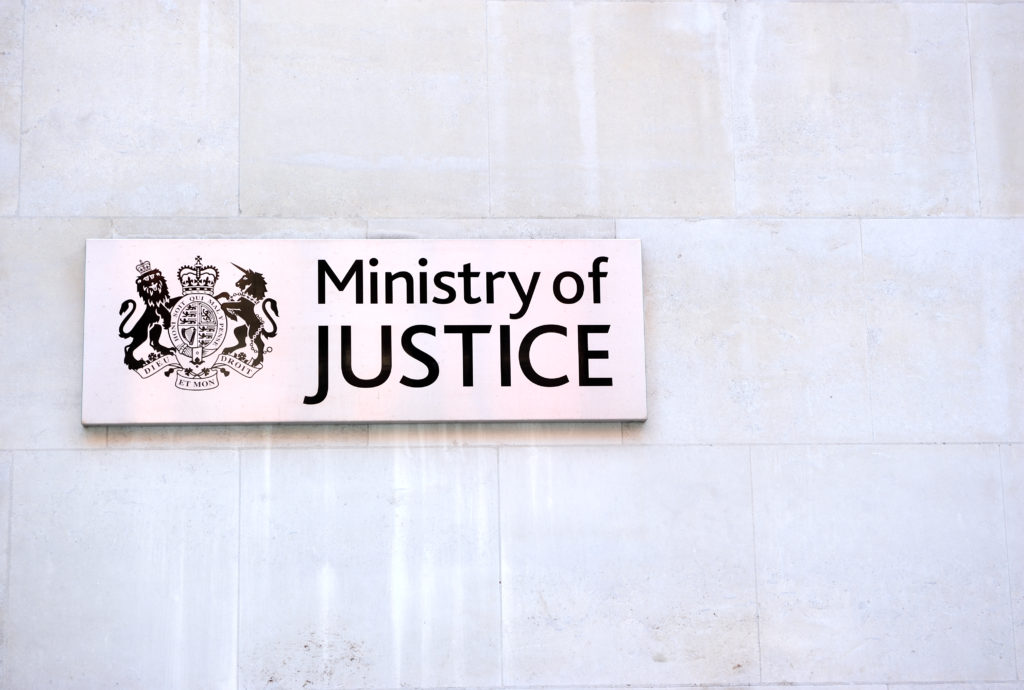What is High Court Enforcement?
High Court enforcement is a recovery option available to a Creditor in possession of a Count Court Judgment, High Court Judgment, or other Court Orders specifying monies owed, such as a Charging Order.
For High Court enforcement to be an available remedy, the Judgment balance must be £600.00 or above, and not born from a consumer regulated agreement, as pursuant to the High Court and County Court Jurisdiction Order 1991.

Where the Judgment balance is below £600.00, a Judgment creditor looking to use enforcement as a method of recovery must use the County Court Bailiff, whereas Judgment’s above £5,000.00 must be directed for High Court enforcement.
Where a Judgment meets the above criteria the Creditor can instruct an Authorised High Court Enforcement Officer (AHCEO) to ‘Take Control of Goods’ under a Writ of Control, which directs them to collect payment of the Judgment balance, plus further enforcement costs, in full, or to remove goods to the value of the Debt. Although it is the AHCEO named on the Writ of Control, the enforcement of such is carried out by a Certificated Enforcement Agent.
Before the Enforcement Agent can ‘Take Control of Goods’, upon receipt of the Writ of Control, a Notice of Enforcement must be served on the Debtor (usually by post, but can be hand or electronically) which provides seven clear days for the Judgment Debtor to make payment in full. Should payment of the full balance not be received during this ‘Compliance’ period, the Enforcement Agent may then proceed to make attendance at the Debtor’s property.
The cost to obtain the Writ of Control is £78.00 and is payable by the person who makes the instruction to enforce. This fee is added to total balance sought to be recovered from the Judgment Debtor, along with interest at 8% per annum – both of which are paid to the Creditor where a successful recovery is made.
Where the Enforcement Agent is unable to collect payment in full at the time of their attendance, they may seek to enter into a ‘Controlled Goods Agreement’ with the Debtor, where the Debtor retains possession of their goods in provision of them making regular payments towards the debt at a set rate and set frequency. Should a default occur on the payment arrangement, the Enforcement Agent may return to the property with a view to remove the goods previously listed under the Controlled Goods Agreement.
Although the Writ of Control directs the Authorised High Court Enforcement Officer to collect payment in full, or to remove goods to the value of the debt, neither outcome may be possible due to various circumstances, such as, but not limited to;
- The Debtor no longer residing at the directed address for enforcement
- The Judgment being ‘set aside’
- The Judgment Debtor entering an IVA/CVA or being made bankrupt
- Potential Vulnerabilities
Should enforcement prove unsuccessful, a Creditor’s Guarantee Fee (more commonly known as the abortive fee) of £75.00 plus VAT becomes payable by the instructing party.
Should you wish to instruct Court Enforcement Services to recover your outstanding debt, you can do so by visiting the link here.

